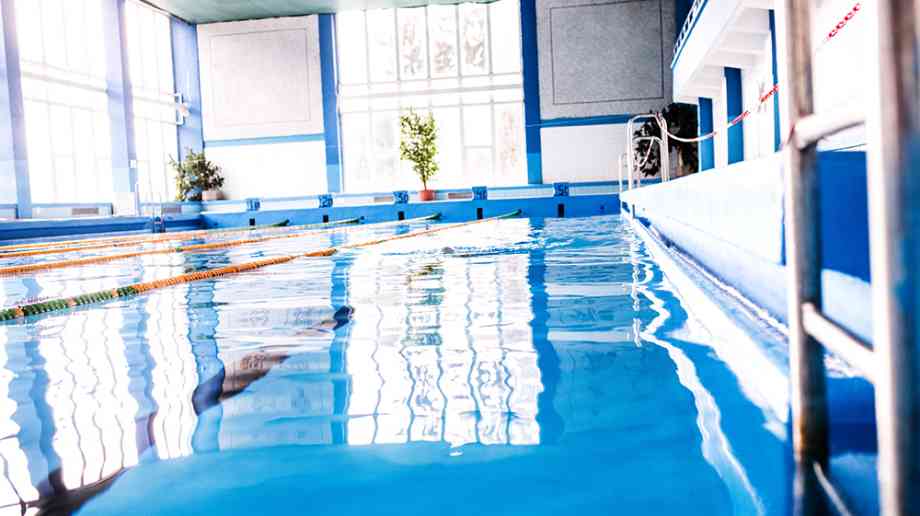Sue Robb of 4Children talks to Julie Laughton and Alison Britton from the Department for Education about the role of childminders in delivering the 30 hours free entitlement.

Saving money on energy costs
Public buildings such as libraries, leisure centres and community centres are struggling with their energy costs. However, many of these provide a lifeline for those that are struggling with energy costs at home. How can these places save energy, be more energy efficient and stay open for those that need them?
We know that the cost-of-living and energy crises are hitting people hard and local authorities are doing what they can. Libraries, leisure centres and community centres are low-cost or free days out, but also they are often the location of foodbanks, or internet hubs which are providing essentials to families that need them.
Therefore it is essential that these places are able to stay open over the summer holidays when children are off school and need entertaining and are also likely to not be receiving free school meals. Of course they also need to stay open into and throughout the winter, when the buildings will likely function as (official and unofficial) warm banks, as well as food banks.
Energy saving
With all this in mind, here are some top tips for energy saving in public buildings over the summer.
Of course there are many ways to save energy, bring down costs and save money. The most obvious is only using energy where you need it.
Don’t turn the lights on in the daytime, when the room is light already. As well as this, you should invest in energy-efficient lighting, which may be an added cost at the beginning, but will bring down the costs in the long-term.
If you run a library or community centre that provides digital access, make sure the computers are turned off when not in use, especially overnight and over weekends when facilities are not open to the public.
Of course, heating shouldn’t be on in the summertime, make sure you know how to and are able to turn it off. You can even consider turning down or even turning off the heating in the swimming pool – most people probably won’t even notice the difference and may even be grateful for the cool temperature when it is hot out.
Don’t use energy in rooms you don’t need to. For example, you don’t need to leave the lights on in the store cupboard, or in a meeting room that is not in use. Also the toilets don’t need to be heated, no one will be in there very long. You could try putting motion-sensor lights in rooms like toilets and meeting rooms, so they only come on when people go in.
Energy tariffs
If possible, try to look for a cheaper energy tariff. It may take a bit of work, but the benefits of lower energy prices will be worth the time spent researching or haggling with energy providers.
Energy production
Of course, you can also start producing your own energy. Solar panels are a great place to start. These can easily be installed on the roof of your building or in the carpark, over parking spaces. Summer is the best time to install them, so you can make the most of them straightaway. In the end, they pay for themselves.
Reducing energy costs is a great way to save money, which can then be spent and invested in other place to continue to provide much needed services for local residents.
Company Focus
Located in Bromley, Japanese Knotweed Eradication Ltd has been providing solutions in the treatment and removal of Japanese Knotweed (Fallopia Japonica) for over a decade. During this time we have mastered a repertoire of methods, from herbicidal treatments to landscaping solutions, tailored to address the unique challenges our clients face with this pervasive weed.
Event Diary
UKREiiF has quickly become a must-attend in the industry calendar for Government departments and local authorities.
The multi-award-winning UK Construction Week (UKCW), is the UK’s biggest trade event for the built environment that connects the whole supply chain to be the catalyst for growth and positive change in the industry.
Supplier Profiles
Geo Energy
At GeoEnergy Design, we're on a mission to disrupt the traditional way heating and cooling ha
Latest Features
Professor Harith Alani, director of the Knowledge Management Institute at the Open University explains how AI can be used for good and bad.
Alex Lawrence, head of health & social care, techUK sets out techUK’s Five Point Plan for CareTech.












